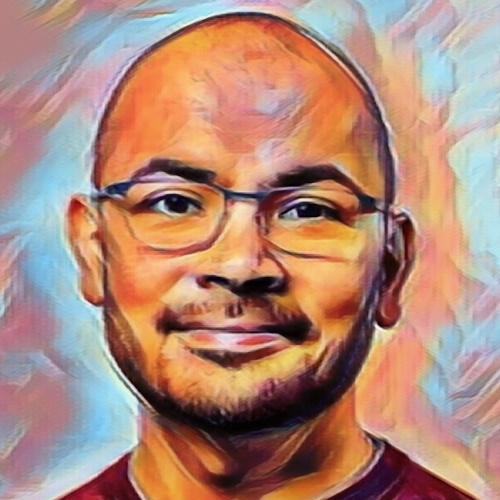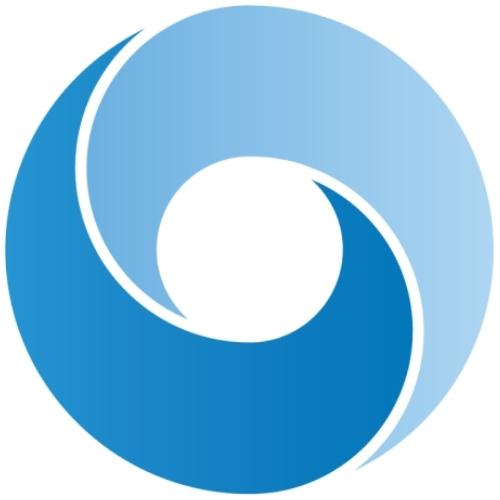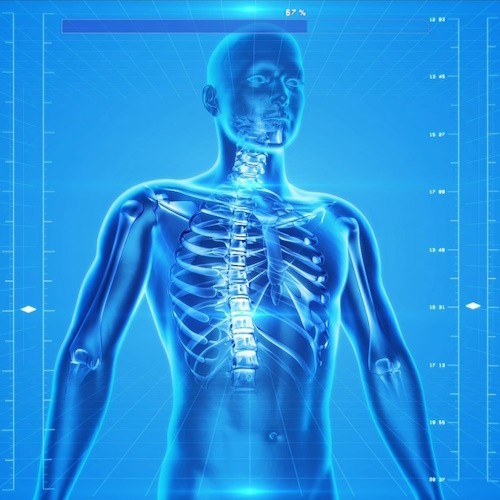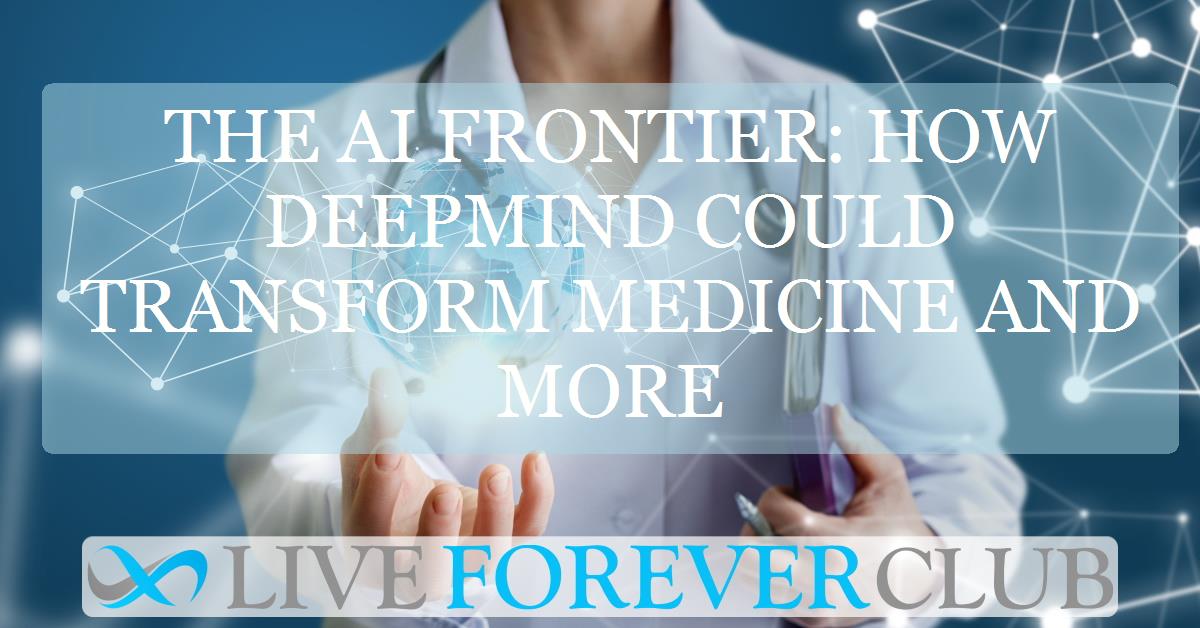Key points from article :
In this wide-ranging interview, Demis Hassabis—CEO of Google DeepMind and a recent Nobel Prize winner—shares his vision of how artificial intelligence could redefine the human experience. Hassabis explains that his lifelong fascination with fundamental questions about life and consciousness inspired his quest to develop AI as the ultimate tool to advance human knowledge. Today, DeepMind is at the forefront of the AI race, developing tools like Astra, a chatbot that sees, hears, and understands the world around it, and Gemini, a model designed not just to understand but to act—marking significant progress toward artificial general intelligence (AGI).
One of the most striking demonstrations of AI’s evolution is Astra’s ability to interpret art, reason through complex commands, and interact with a sense of human-like tone and emotion. Meanwhile, DeepMind’s robotics research is developing machines capable of understanding visual inputs and performing tasks based on vague, intuitive instructions—heralding a future where AI is embedded seamlessly into daily life, possibly through wearable tech like AR glasses.
At the heart of the conversation lies a groundbreaking achievement: DeepMind’s AI has predicted the structure of over 200 million proteins in just one year—a task that previously took years per protein. This leap has unlocked new frontiers in drug discovery. Hassabis believes AI could compress the drug development timeline from a decade to mere months or weeks, potentially enabling the cure of all diseases within a decade. This promise of "radical abundance"—eliminating scarcity in healthcare and beyond—is paired with caution. Hassabis stresses the need for global coordination, ethics, and safety guardrails to ensure these powerful systems benefit humanity rather than harm it.
Ultimately, Hassabis envisions a future where AI becomes not only an indispensable collaborator in science and medicine but also a force that challenges us to rethink consciousness, morality, and the human condition itself.






